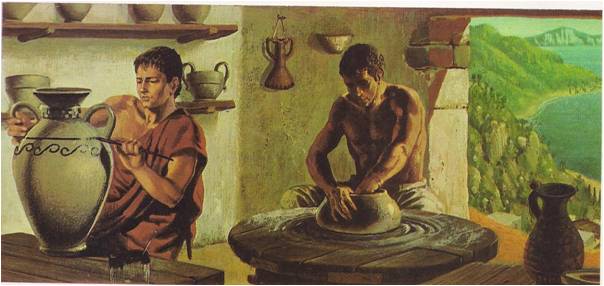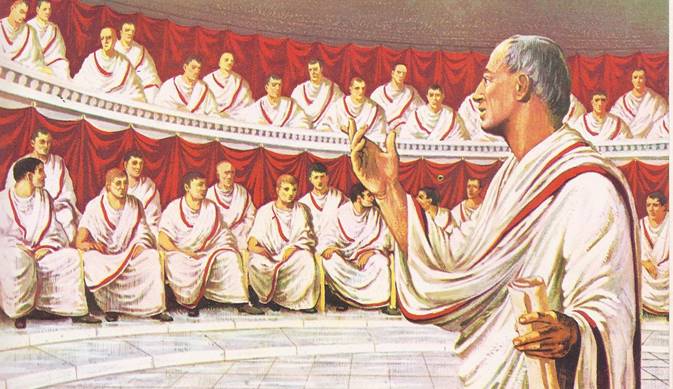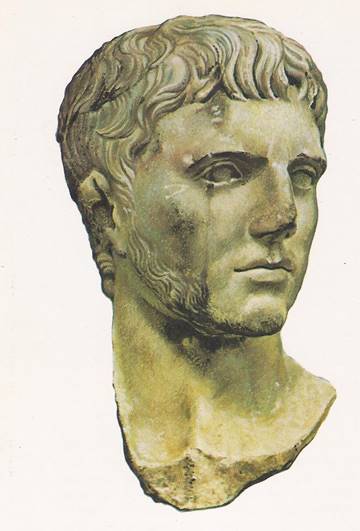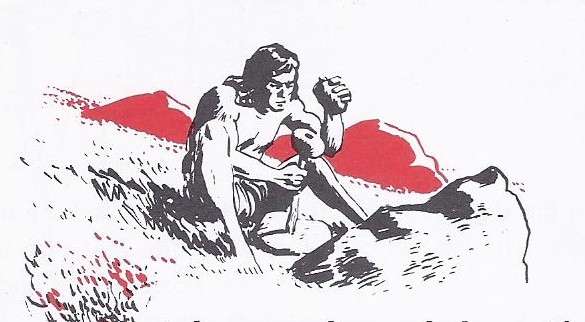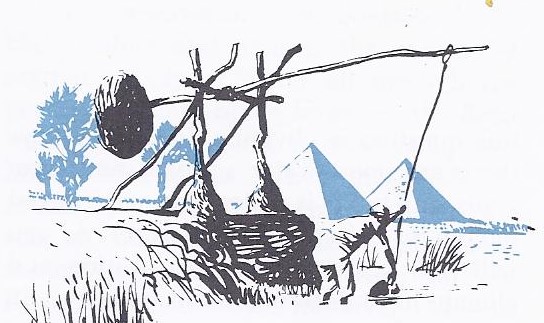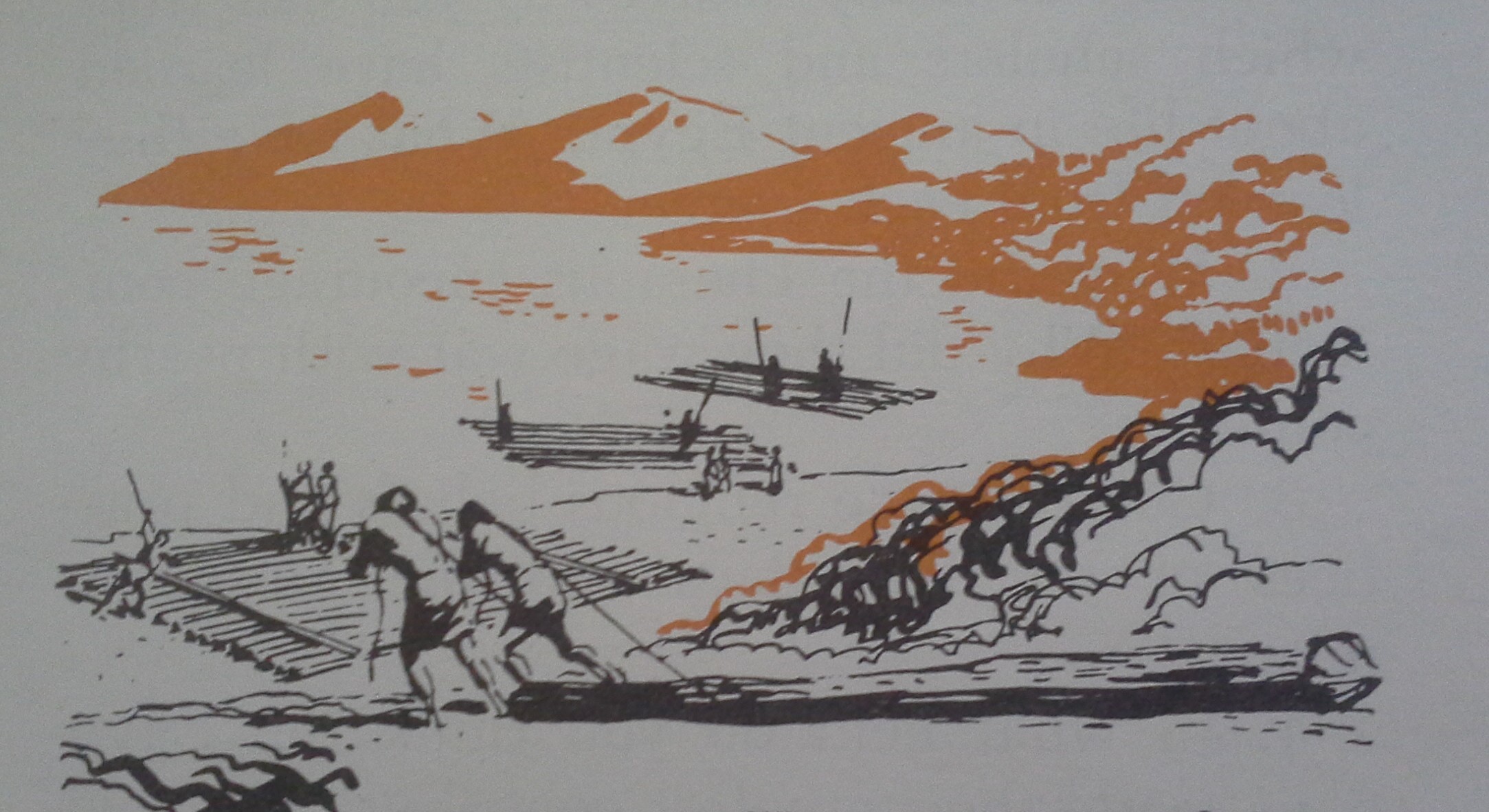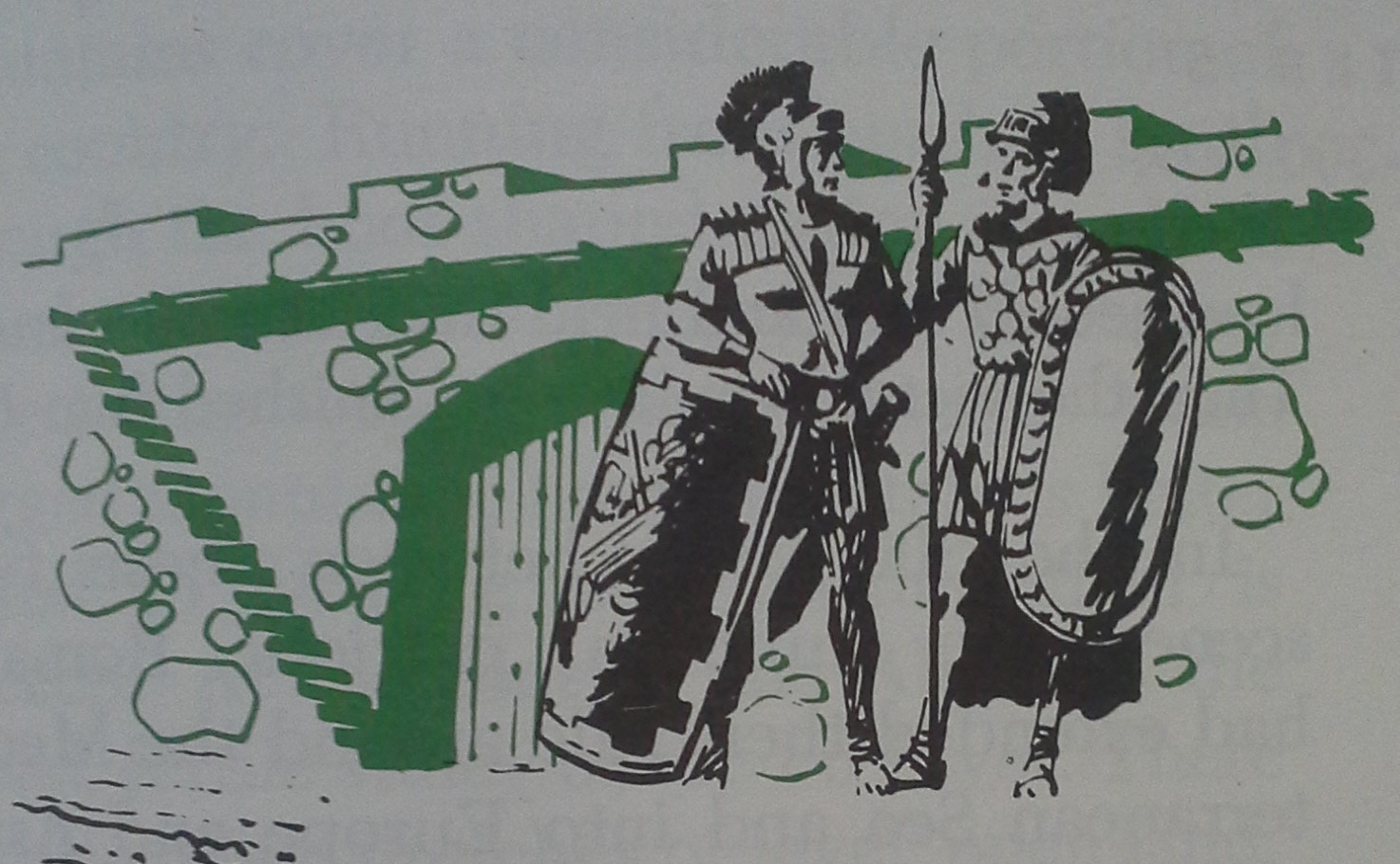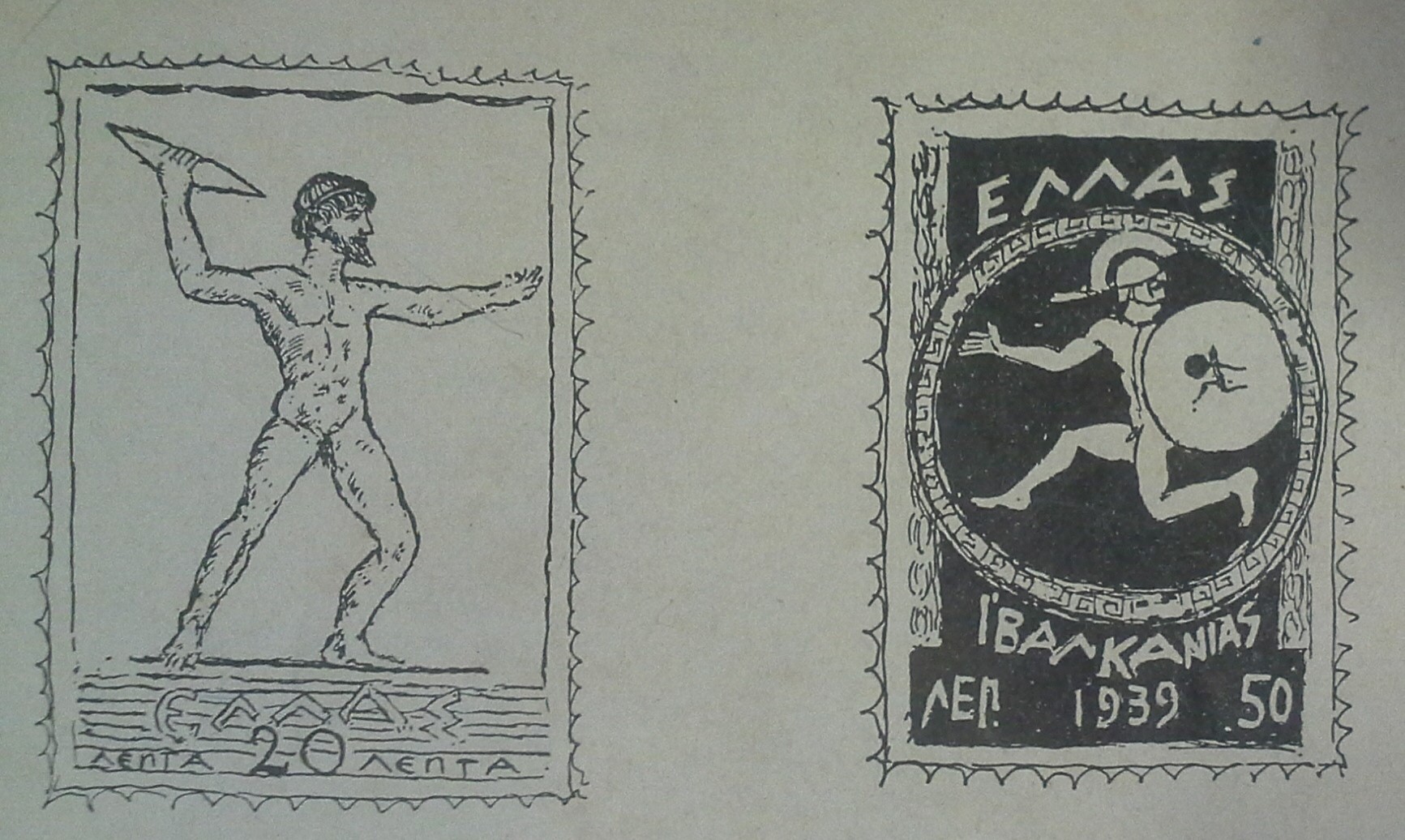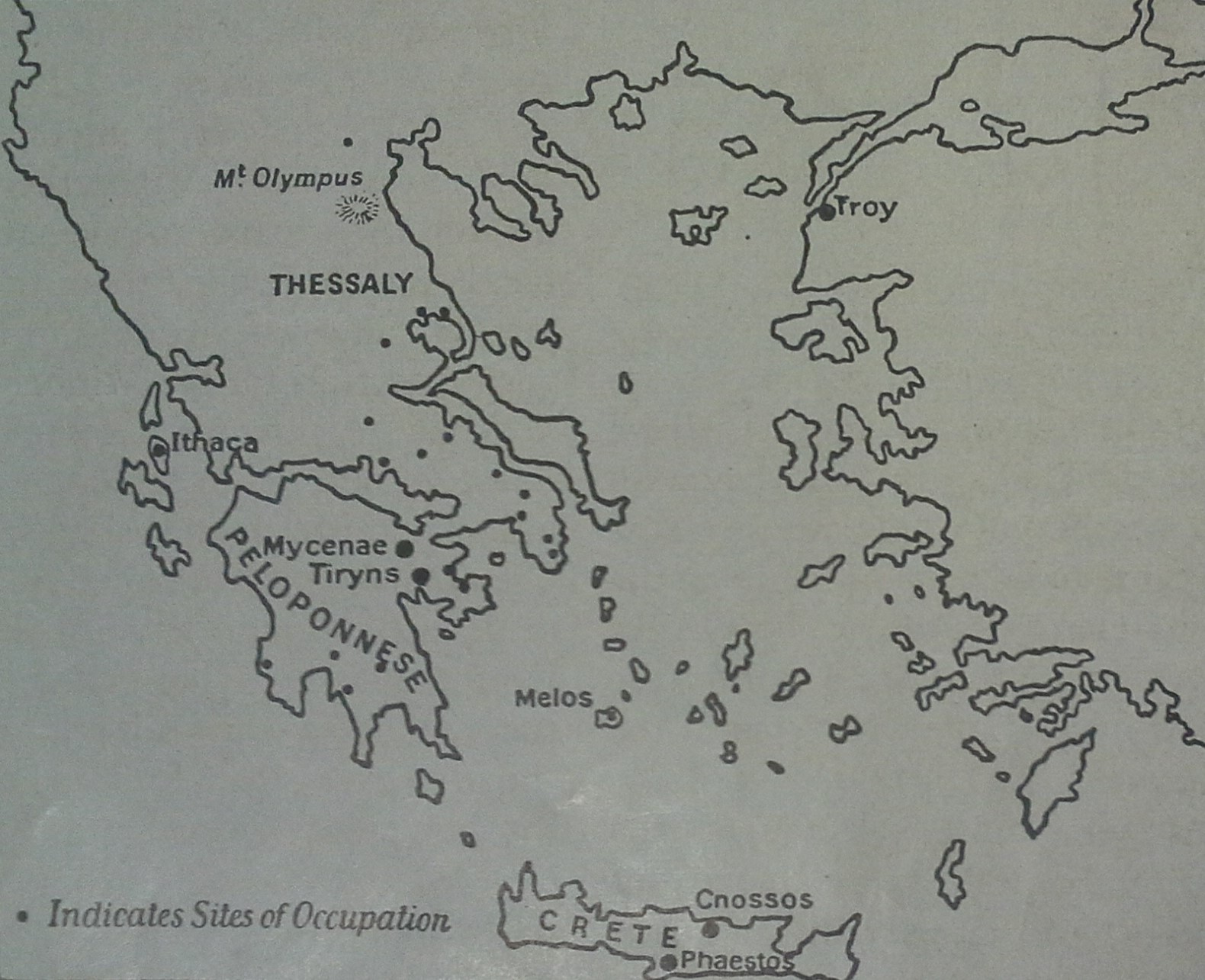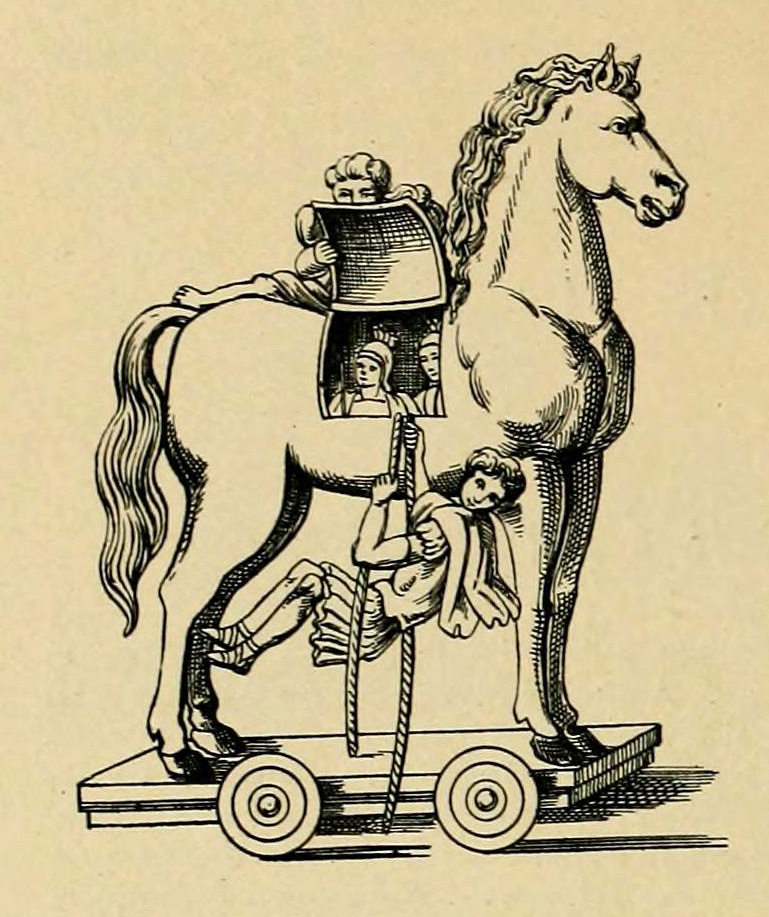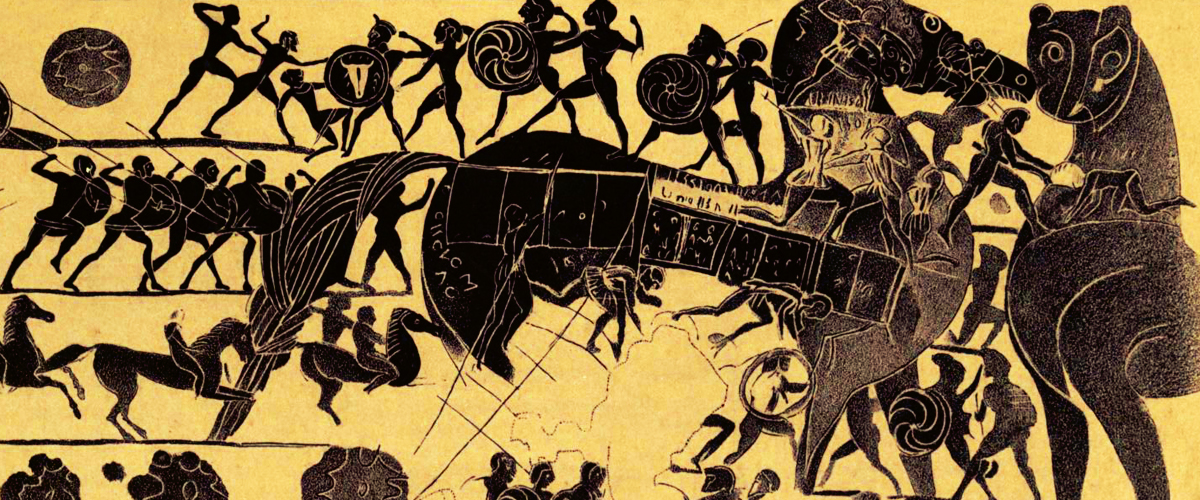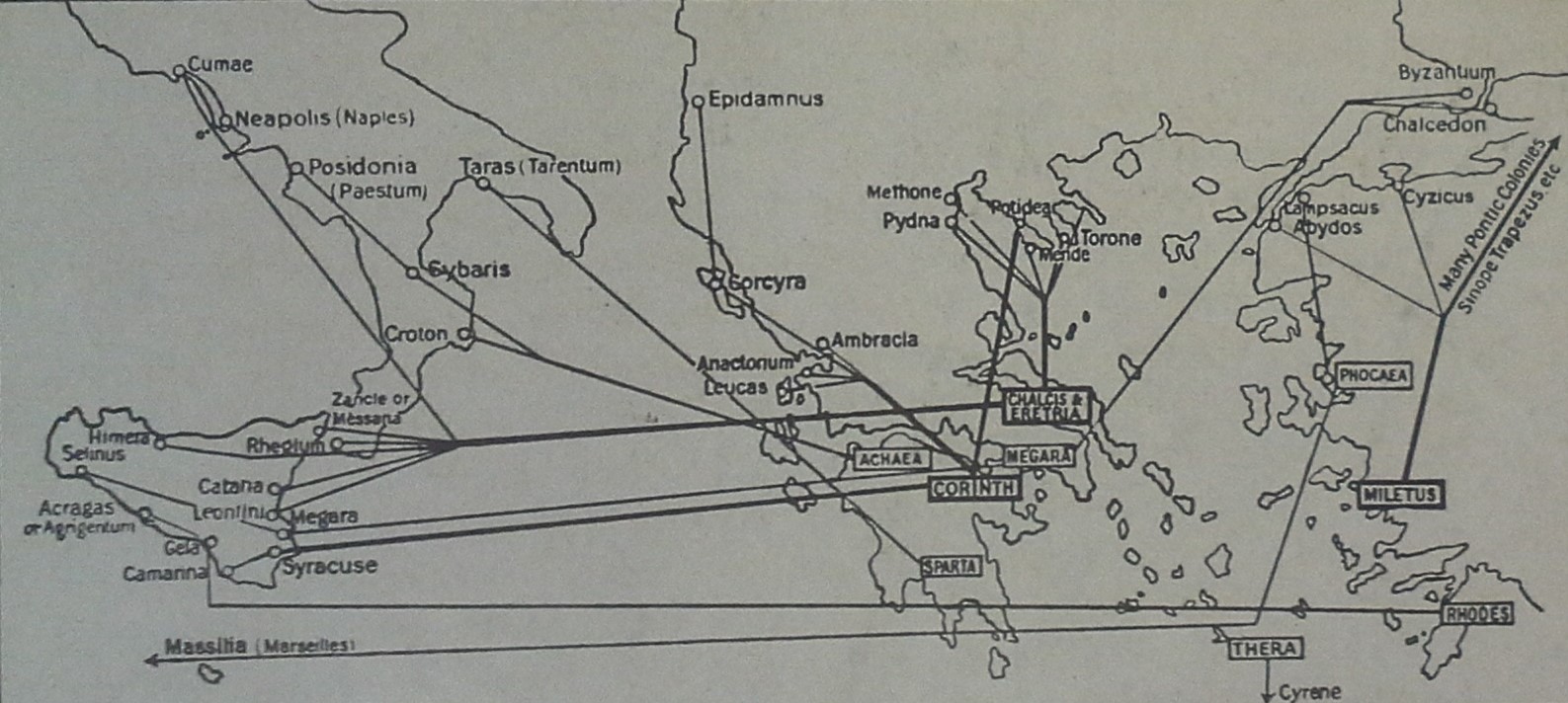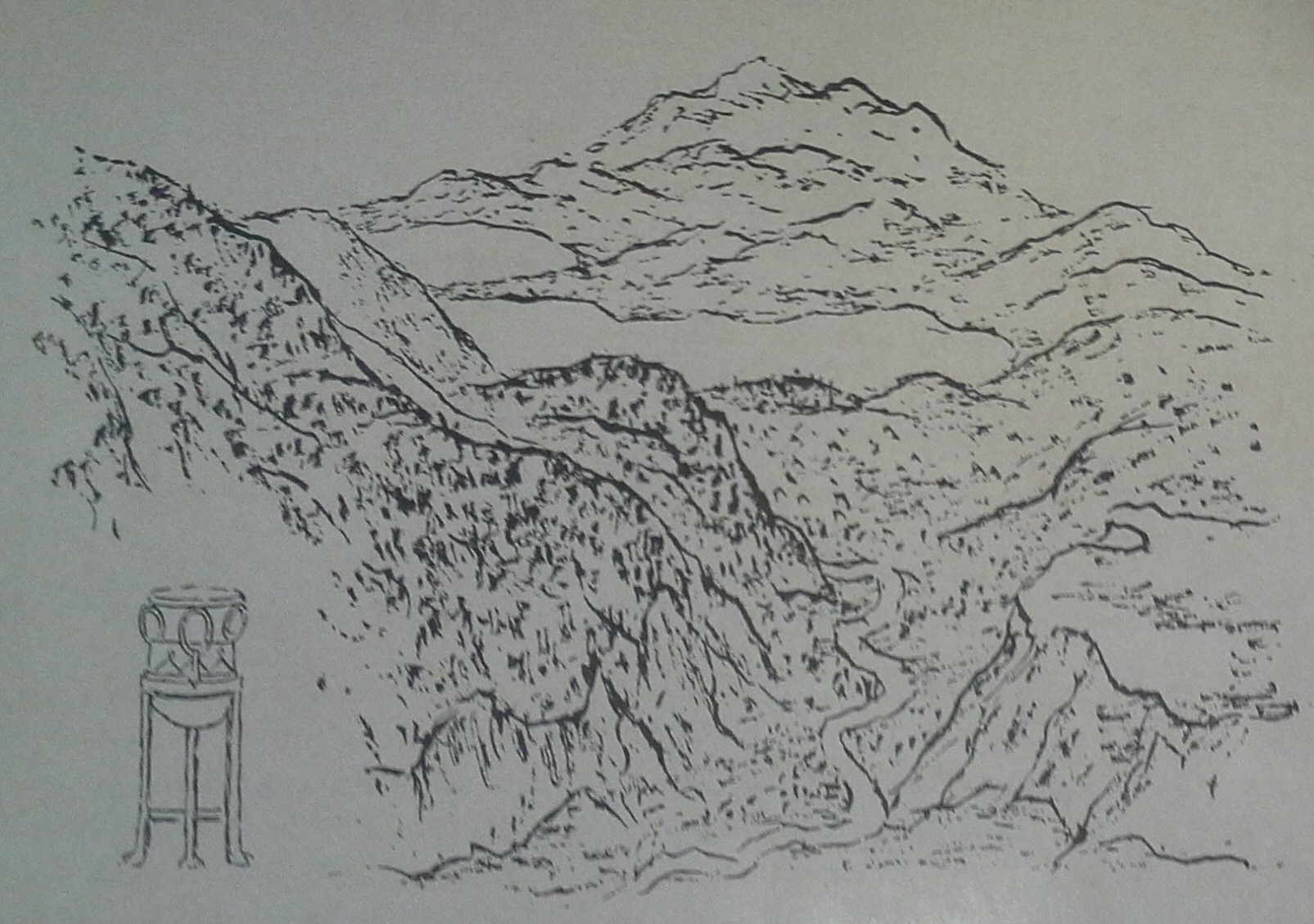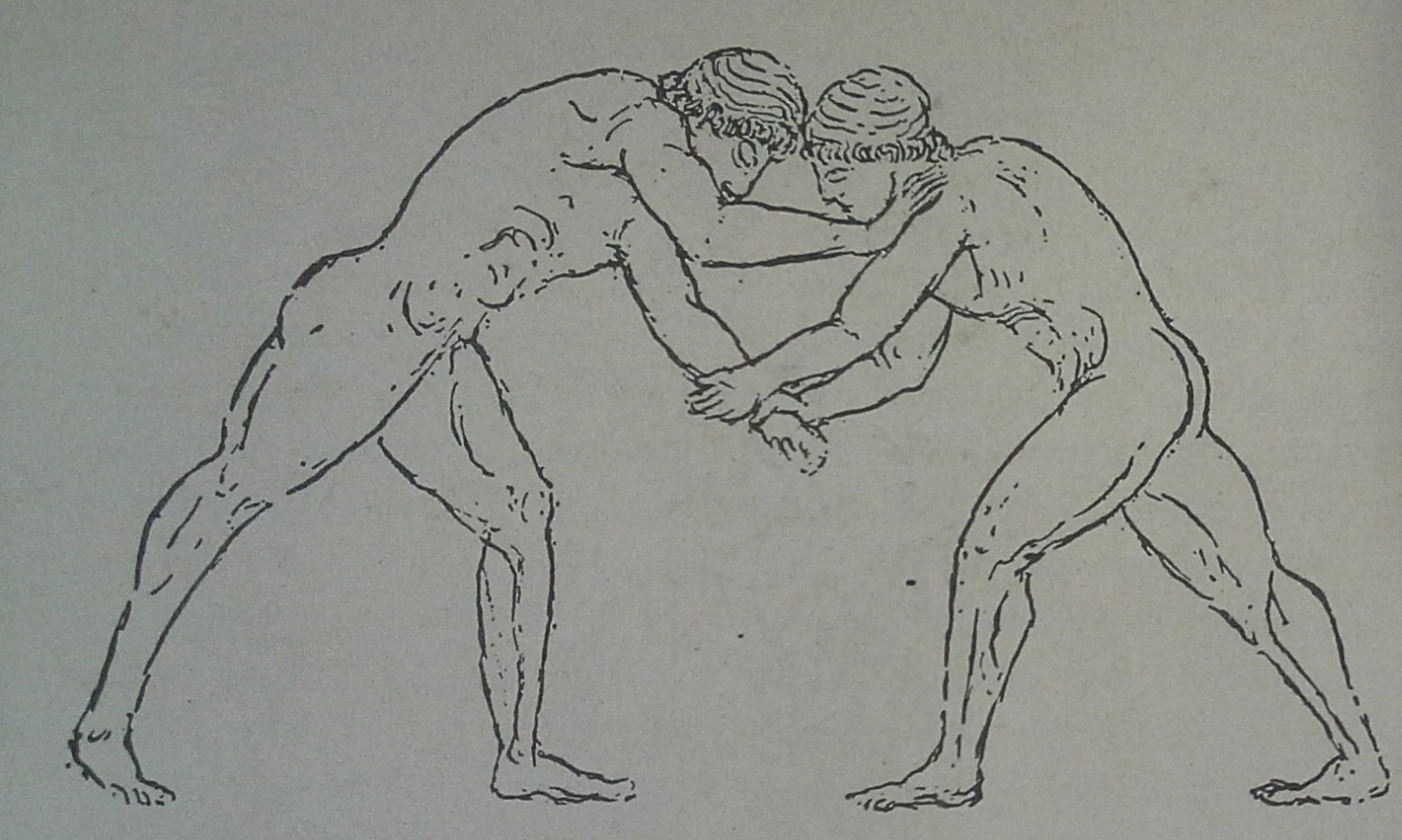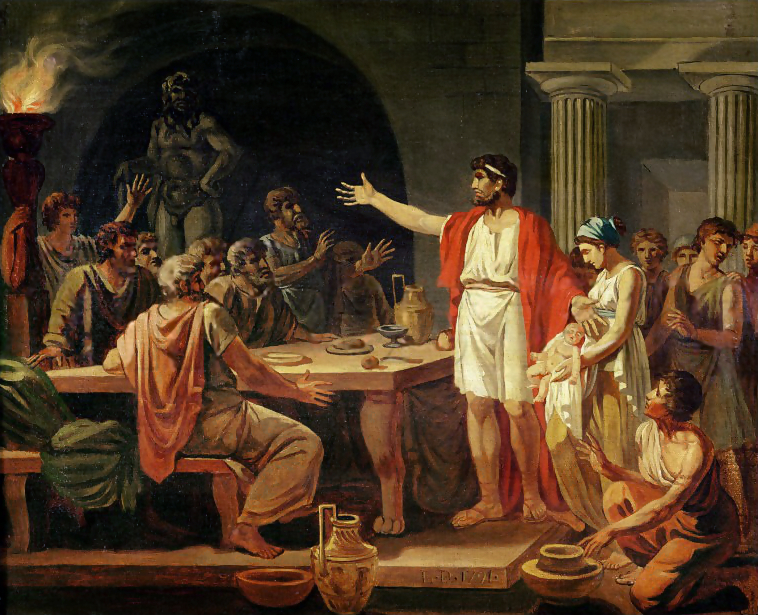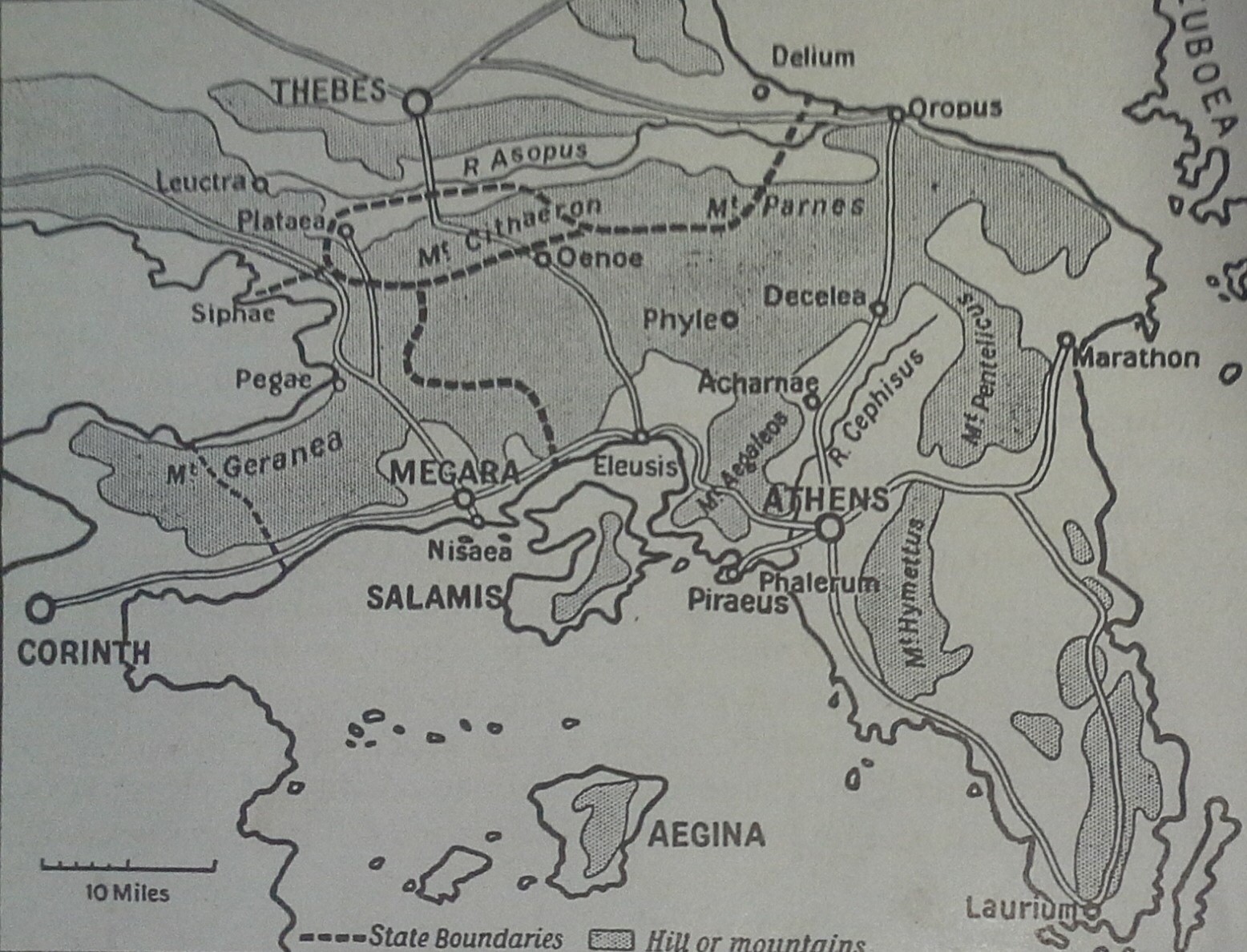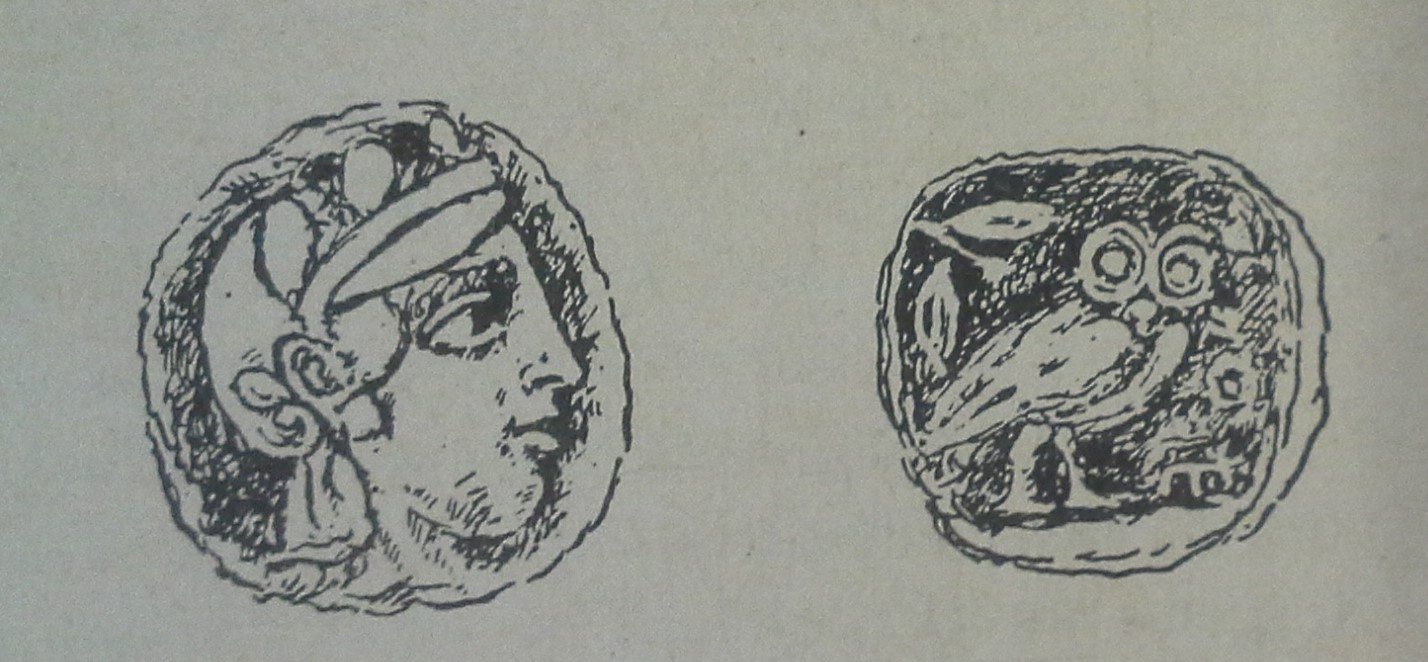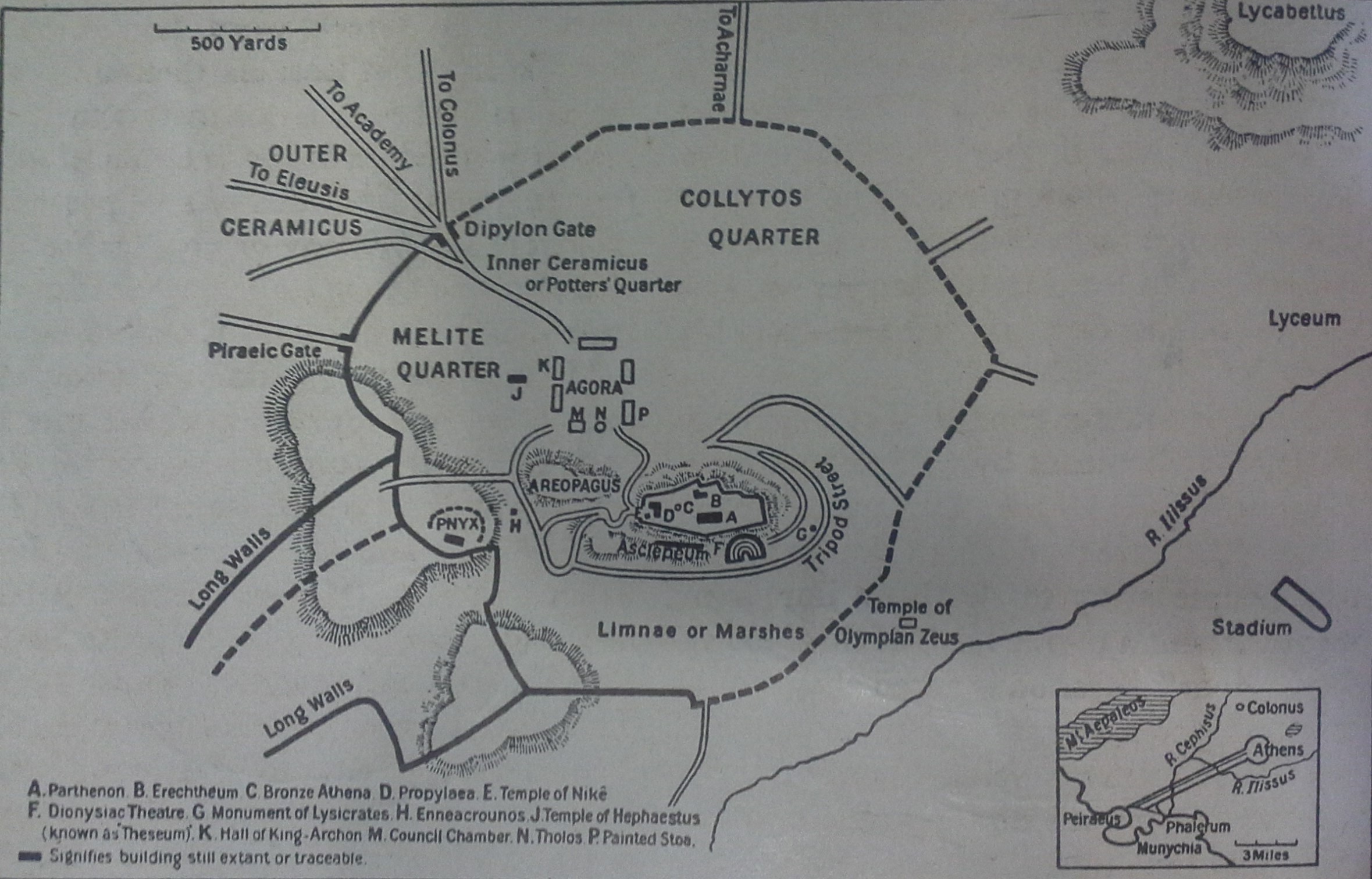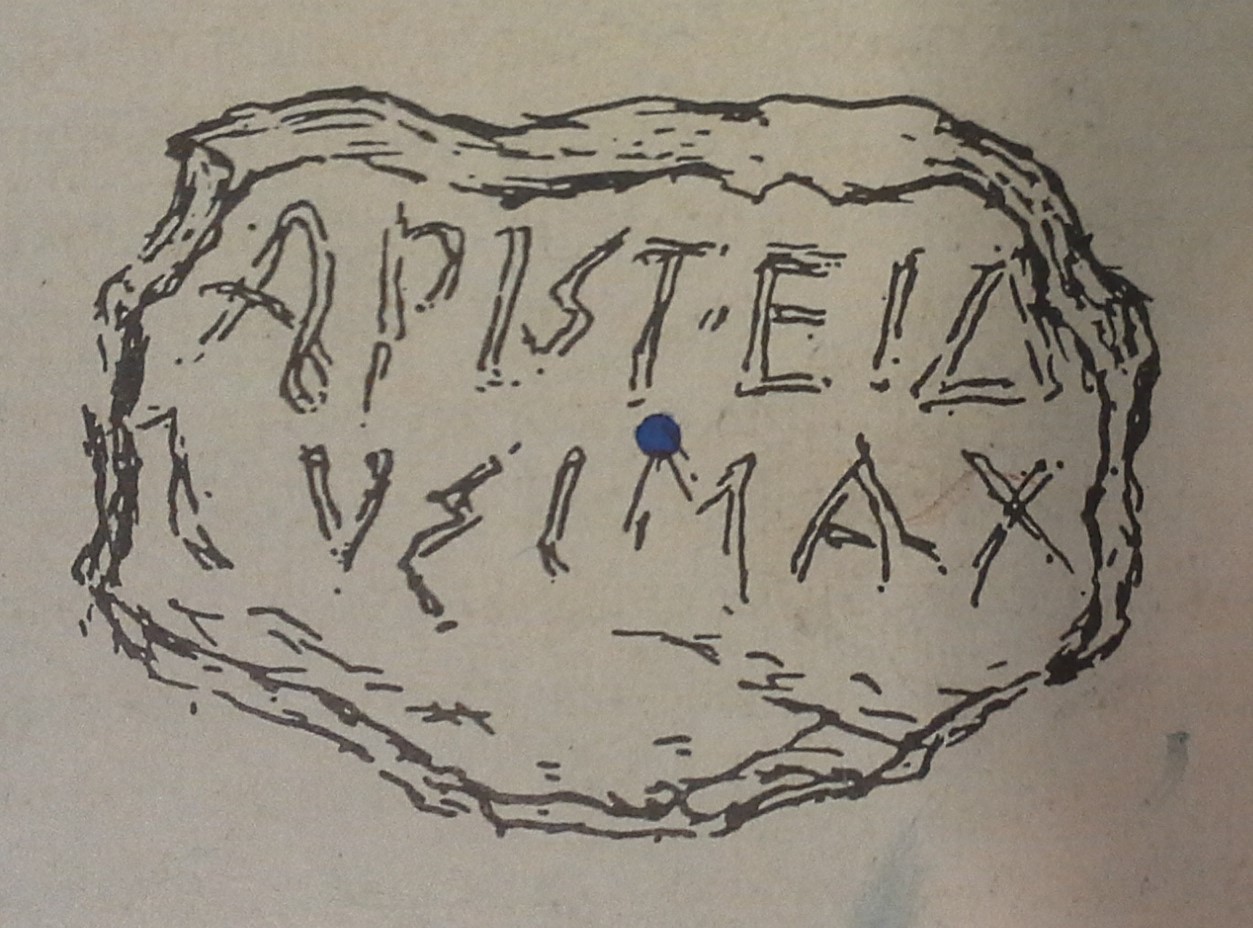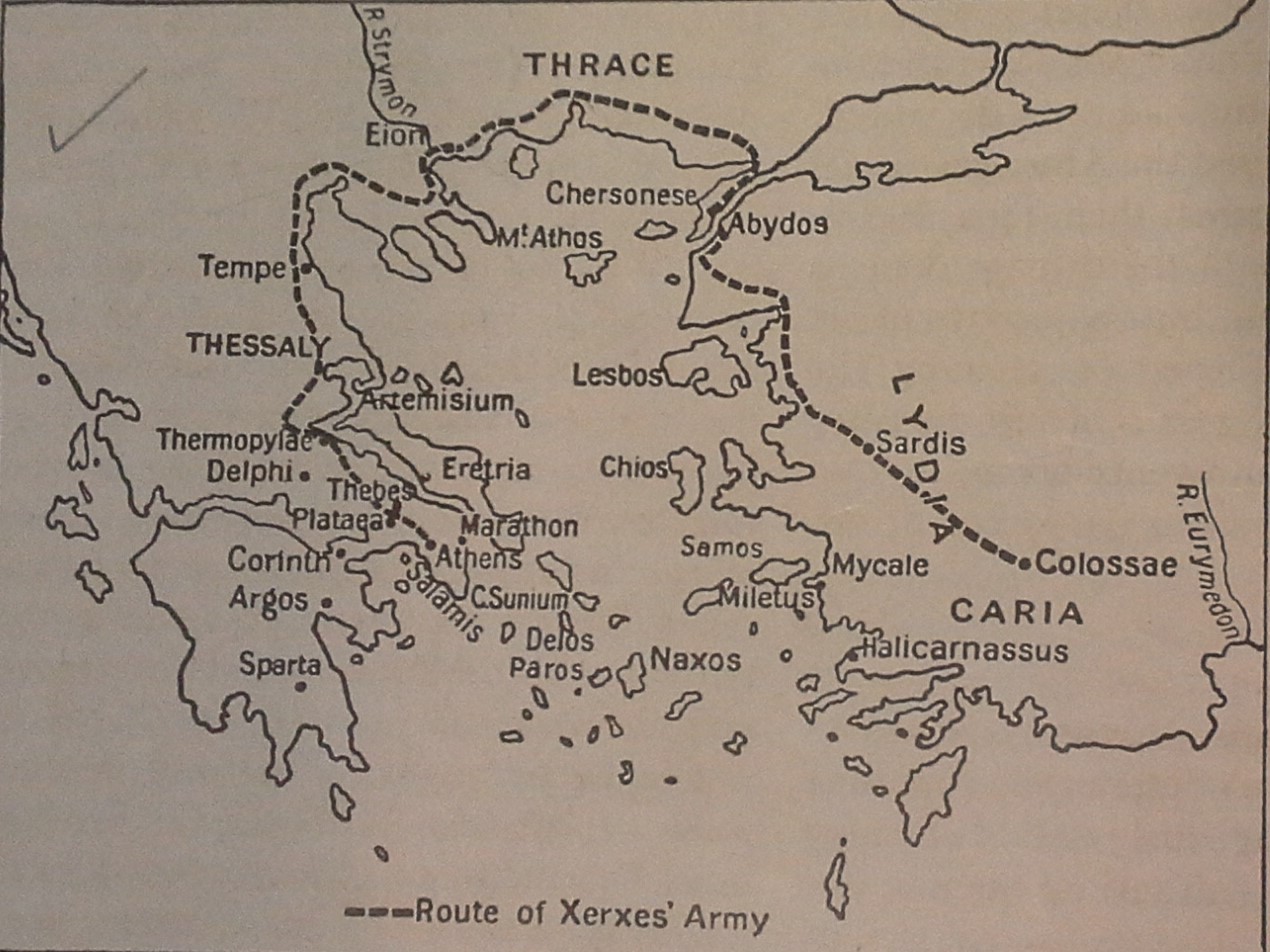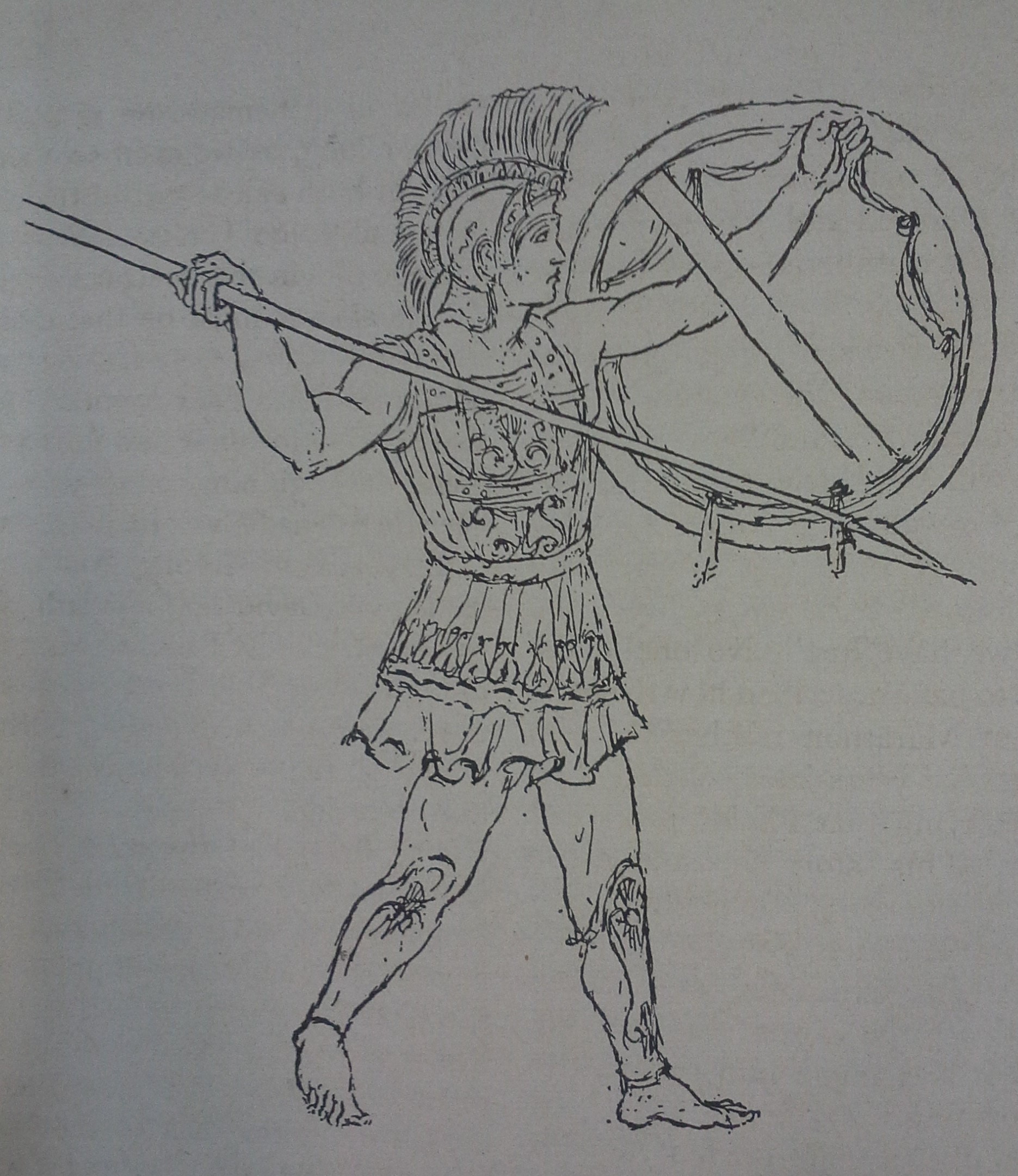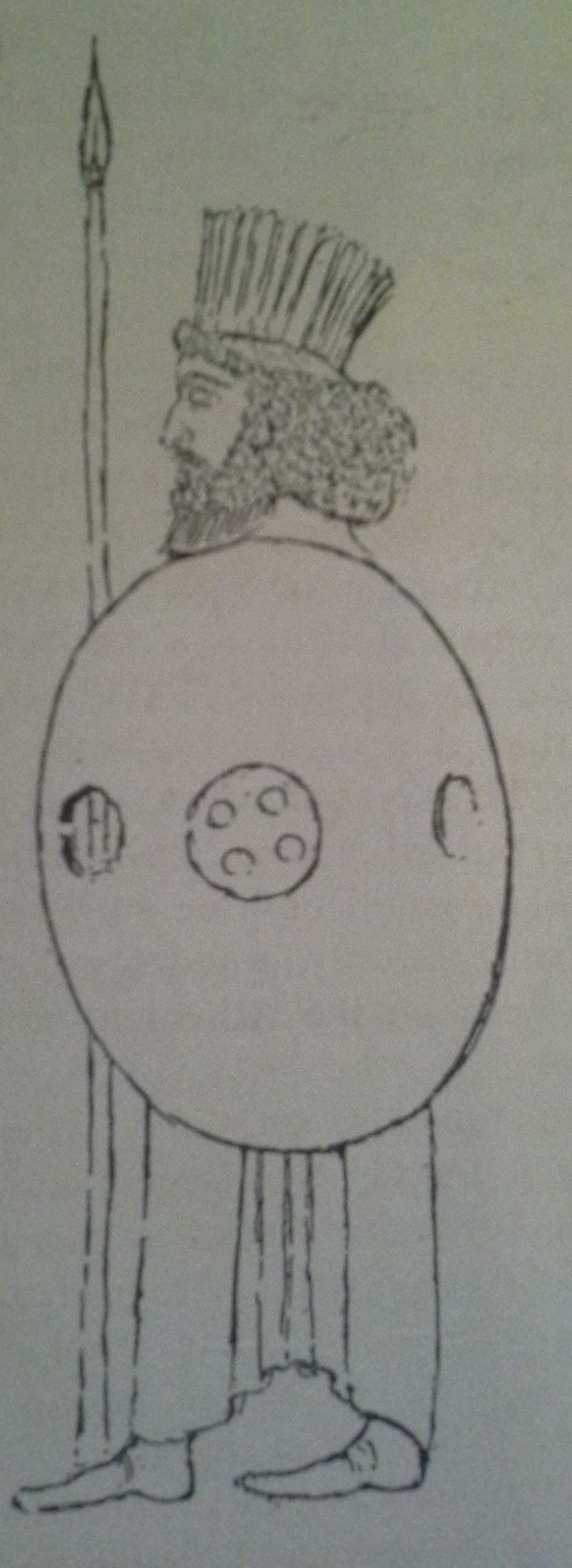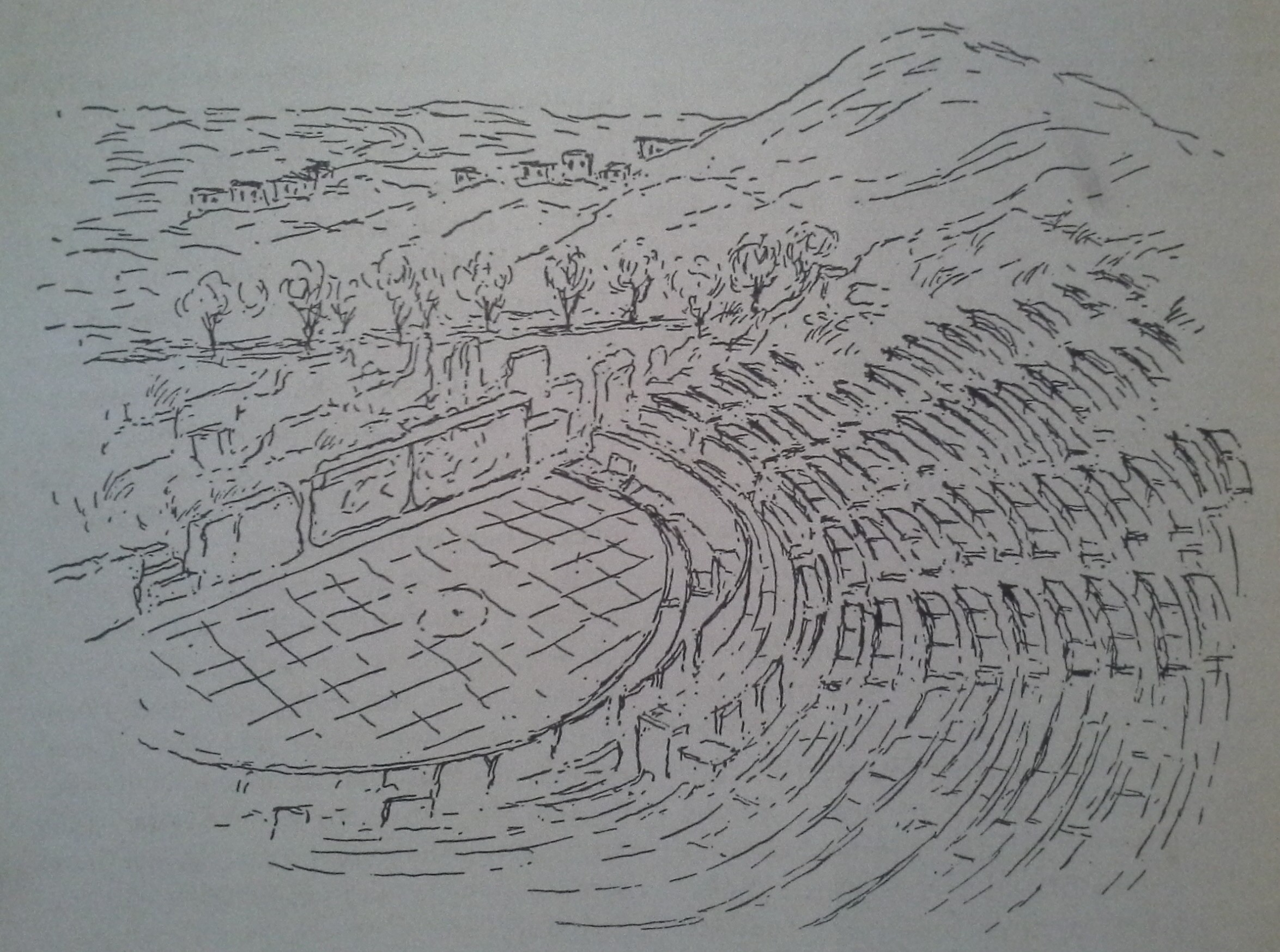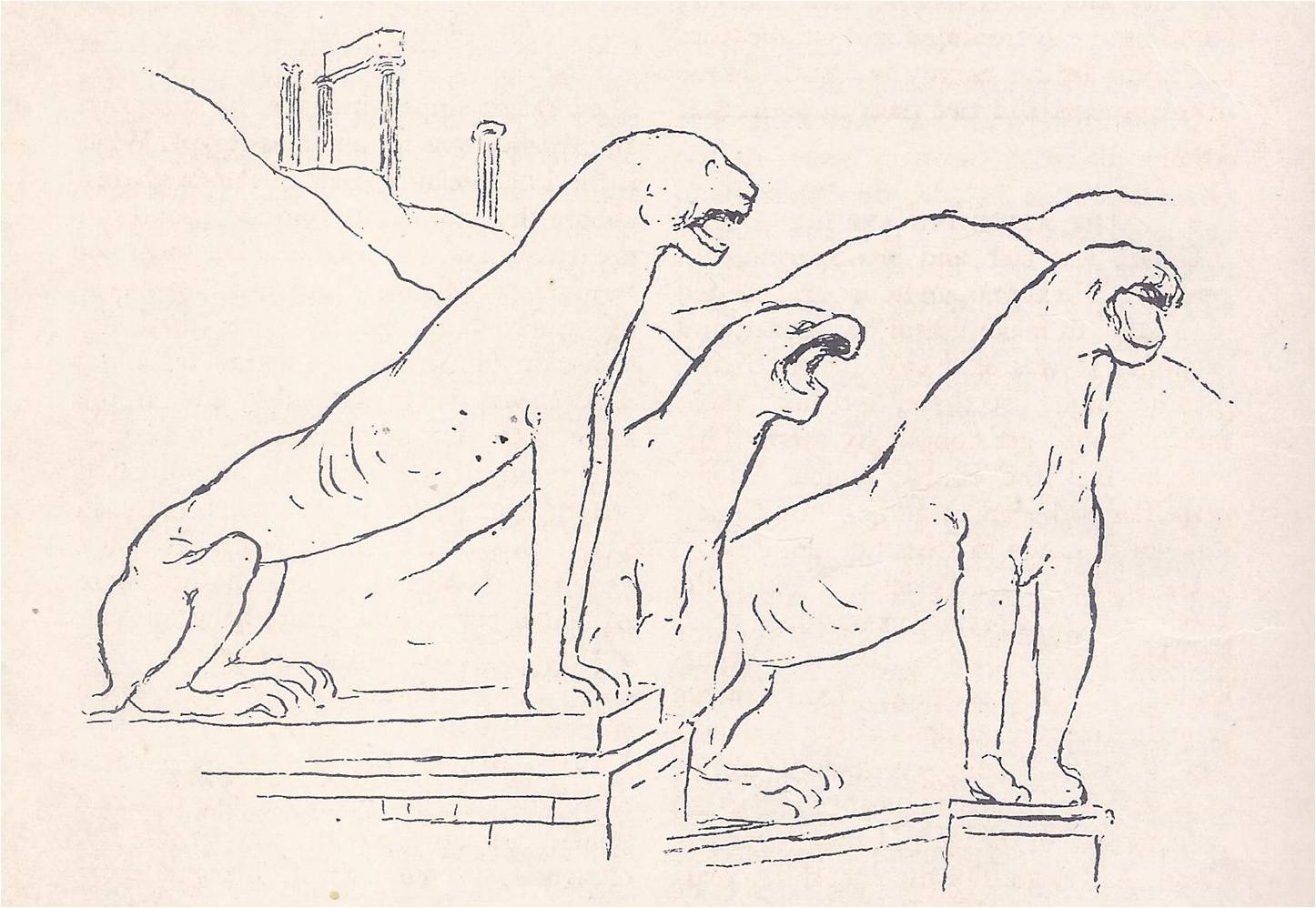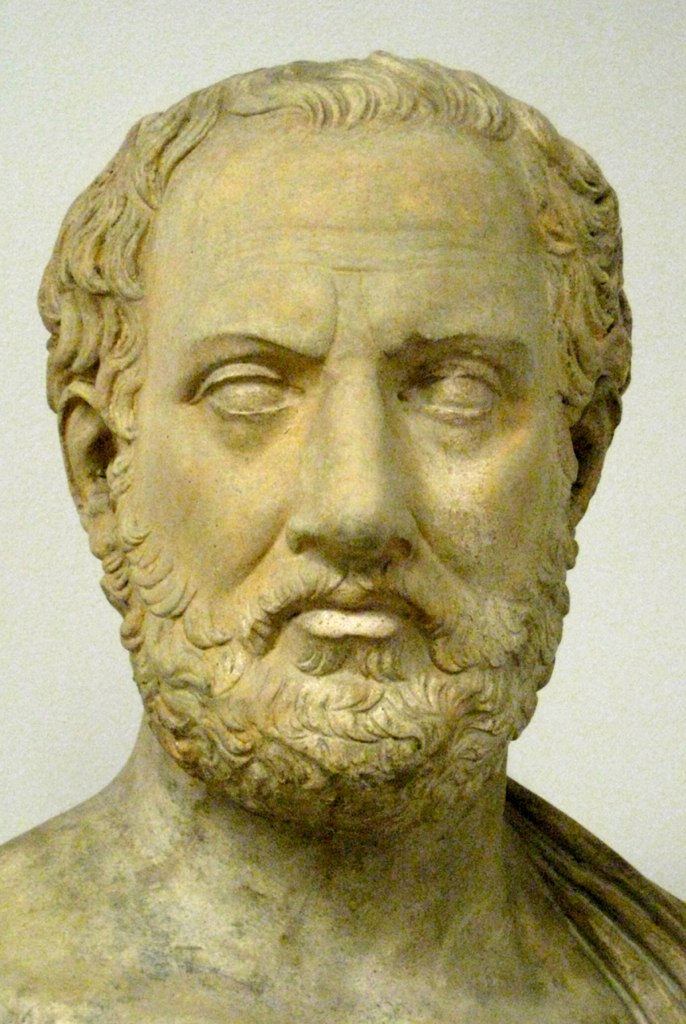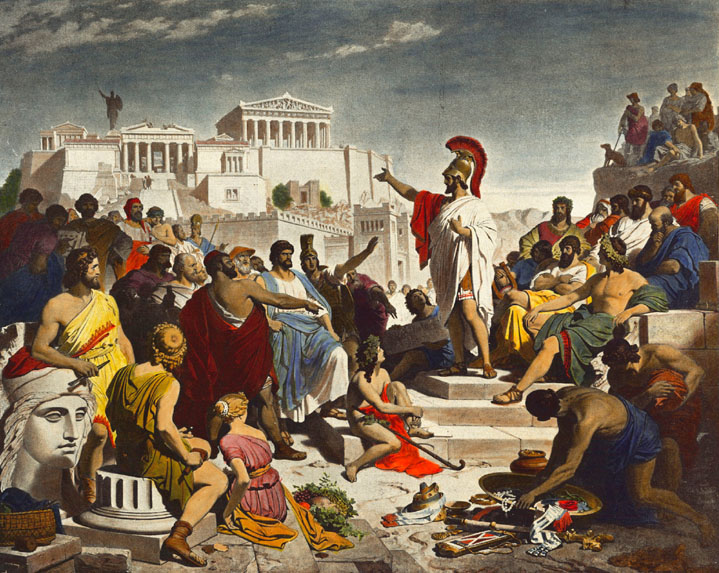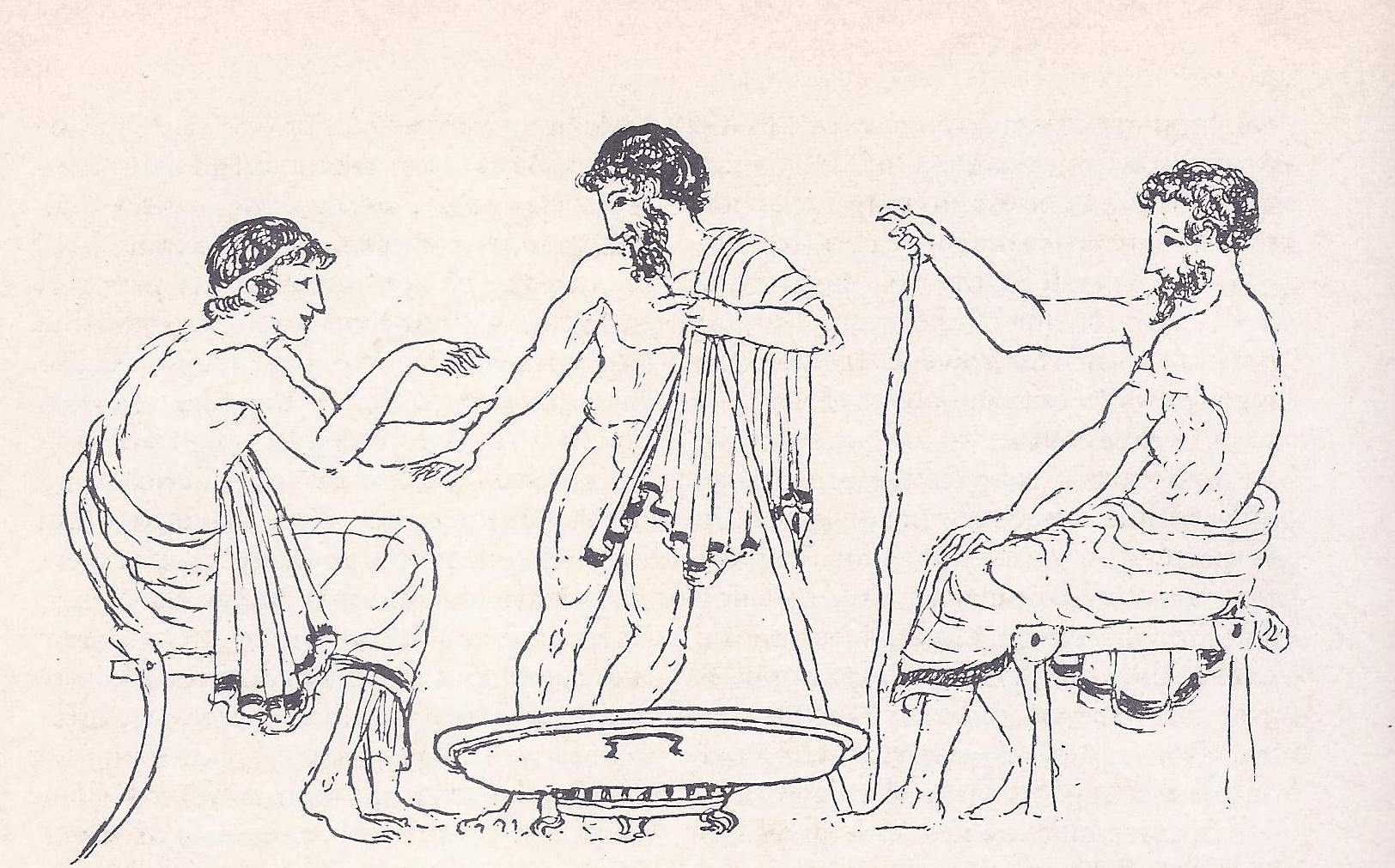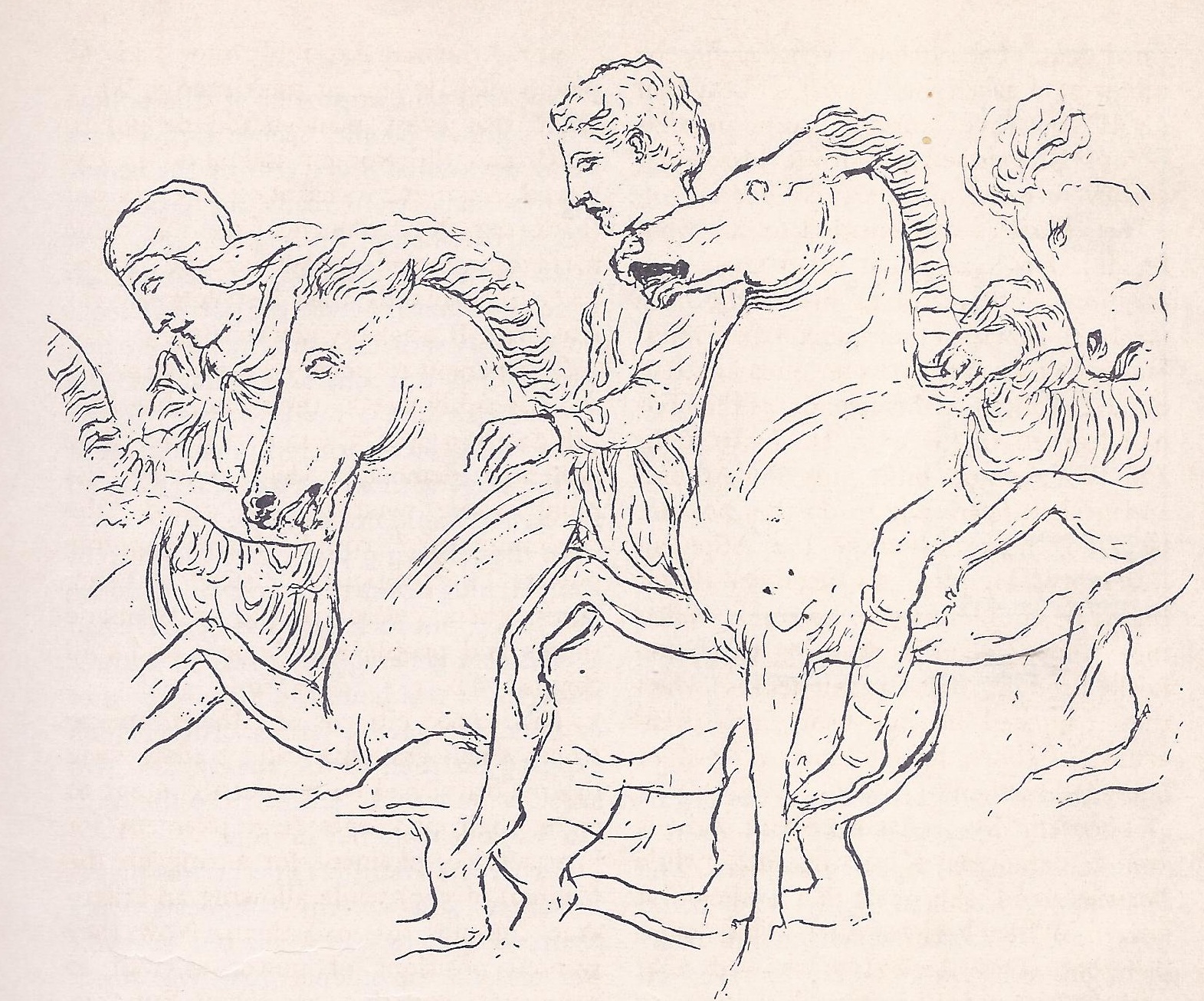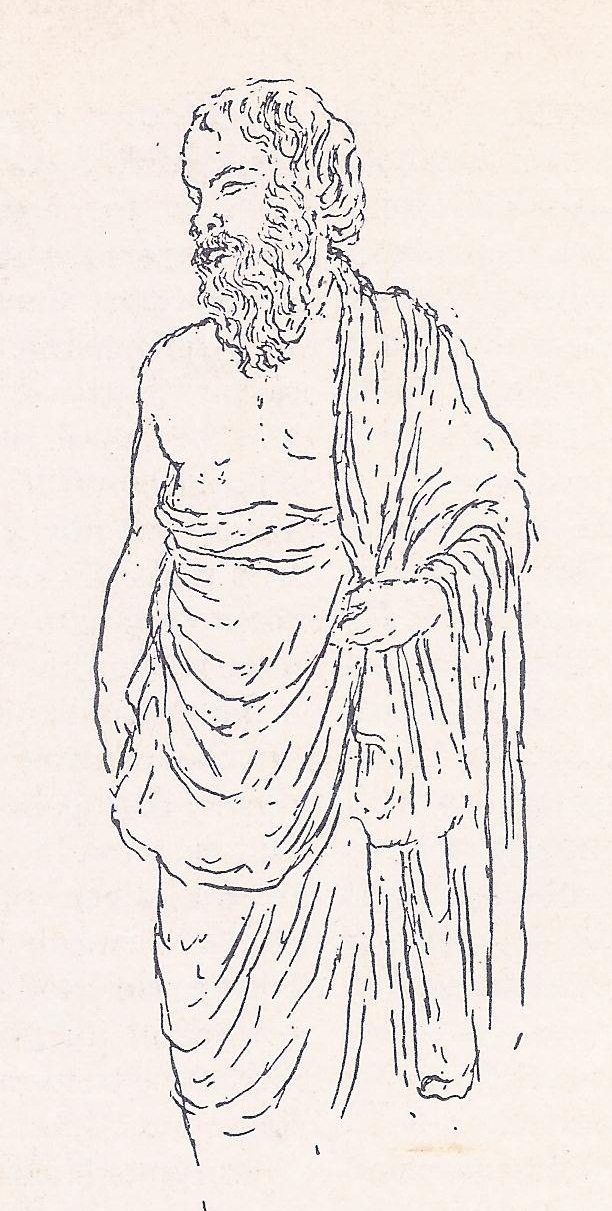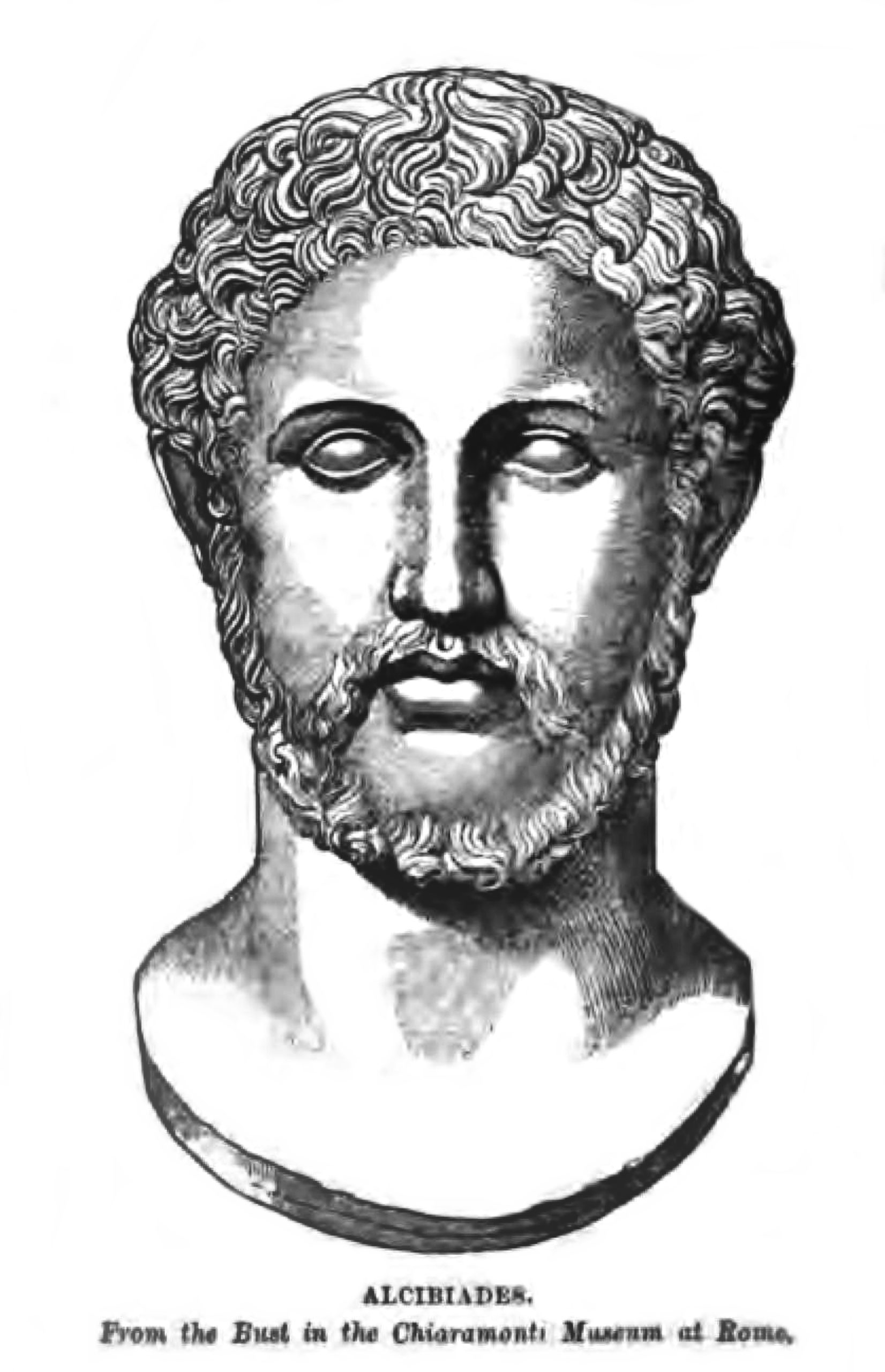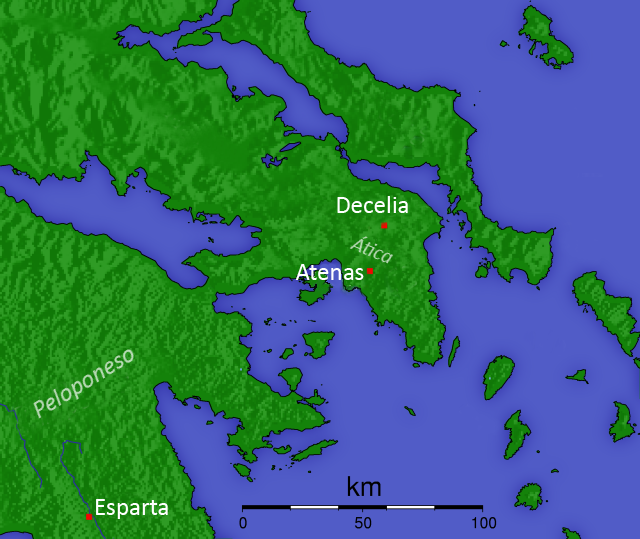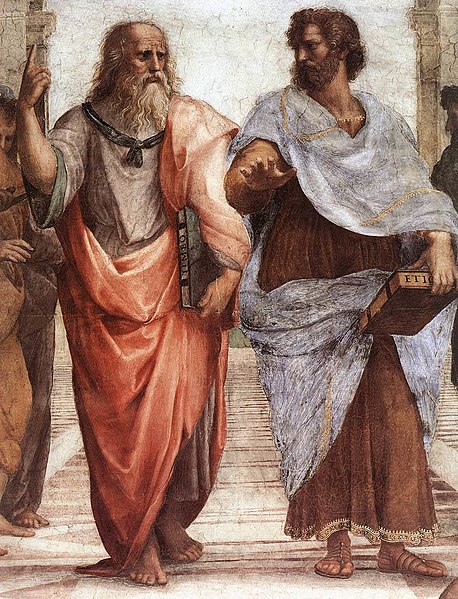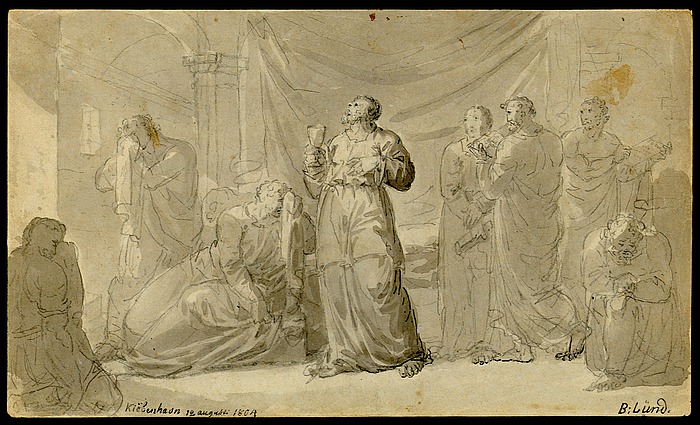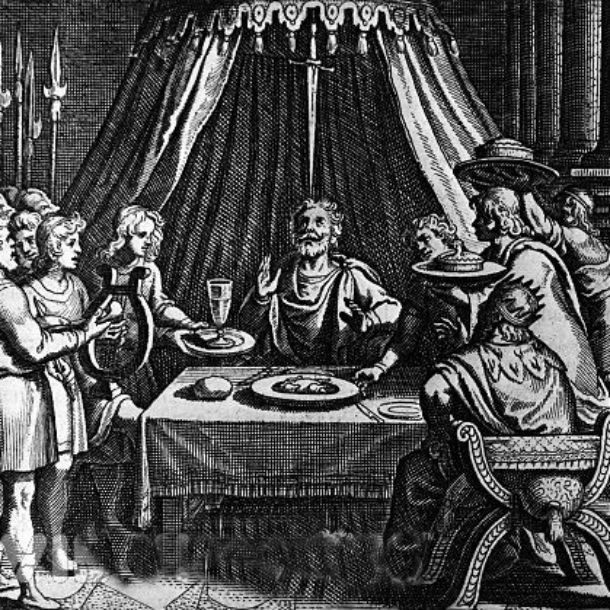Latest Posts
Kings, Tyrants and Democracy 1000 B. C. to 100 B. C.
During the Dark Ages, the large kingdoms of Homer’s Achaean heroes had disappeared. The Greek world was now dotted with
Gods and Heroes 800 B.C. – 550 B.C.
From island to island and town to town, across the wide new world of the Greeks, the minstrel wandered, with
Companions of the King 1500 B.C. – 1000 B.C.
Across the plains of Peloponnesus, flashed the swift chariots of knights and warrior-princes. They wore armour of gleaming bronze and
Early Civilizations to Modern Age
The City Divided 130 B. C. – 70 B. C.
MARCUS TULLIUS CICERO, a young statesman known for his dramatic speeches, stood before a panel of judges in a courtroom
The City of Caesar 80 B. C. – 44 B. C.
THE story of Rome in the years after Sulla’s death was the story of a partnership of power. It was
The Second Triumvirate 43 B. C. – 30 B. C.
AS THE news of Caesar’s death spread through Rome, sorrow, anger and fear took hold of the city. On March
Distant Past and New Challenges
Milestones of History
Egypt Becomes an Imperial Power (1450 – 1400 B. C.)
We have seen that after the fall of Babylon in 1530 B. C. and the collapse of the Amorite kingdoms
The Aryan Invasion of India (c. B. C. 1400)
Aryan peoples from the North descended into India, radically affecting the native civilization, round about between 1750 to 1400 B.C.
Palestine to Egypt – People Gain a National Identity and Settle New Lands (1400 – 1280 B.C.)
Palestine was possessed by Egypt. In the year 1887 an Egyptian peasant, digging in the ruins of an ancient city
